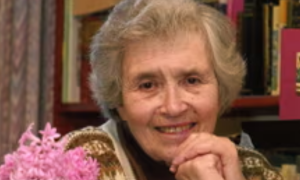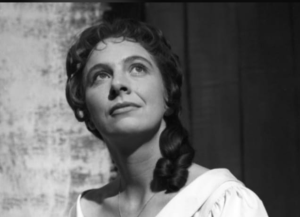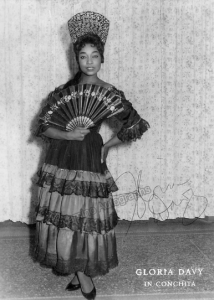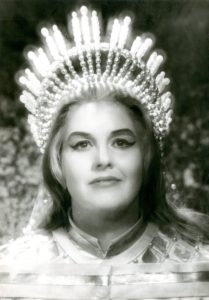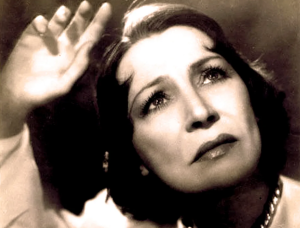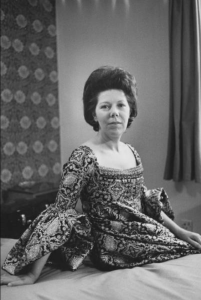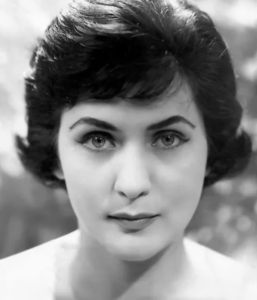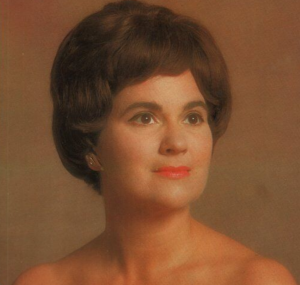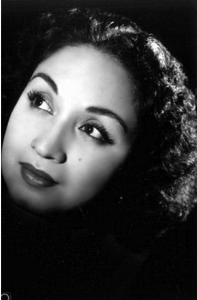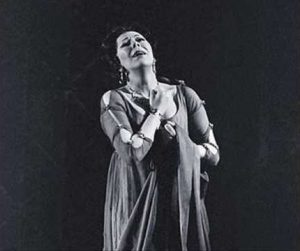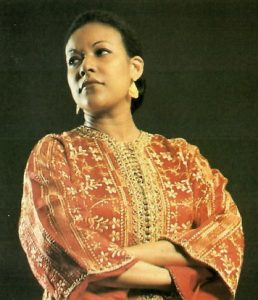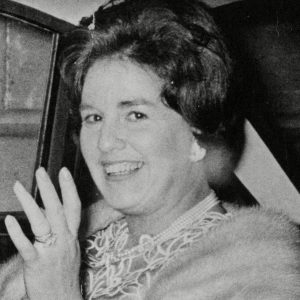Podcast: Play in new window | Download (Duration: 1:44:56 — 107.6MB) | Embed
Subscribe: Spotify | TuneIn | RSS | More
German-British soprano Ilse Wolf (07 June 1921 – 06 September 1999) was another fine lyric soprano active primarily in Britain from the 1950s through the early 1980s. One of the reasons she is remembered today is because she recommended a very young Janet Baker to her own teacher, Helene Isepp, which began a long association between the two which lasted until Isepp’s death in 1968. But Wolf was a fine singer in her own right and was a particularly cogent and expressive singer of Lieder as well as Baroque music. My listeners may remember that during Holy Week this year I played a live recording of Wolf singing the Johannes-Passion under the baton of Pablo Casals. I knew of Wolf because she is the soprano on a delightful 1967 recording of Monteverdi madrigals led by Raymond Leppard. In 1969 she also made a delightful recording of Lieder, her one solo disc, with Martin Isepp, Helene Isepp’s son and also an early collaborator of Janet Baker’s. I decided to scour the interwebs to see what other Ilse Wolf material I could come up with to feature her in her own episode. The answer, beyond these few examples, is: not much, but there were a few additional choice items, and in listening and relistening to the Lieder recording in particular, I discovered that Ilse Wolf was a very fine interpreter, indeed. Her life story is also a compelling one, and I’m privileged to share it (and her delectable singing) with my beloved listeners.
Countermelody is a podcast devoted to the glory and the power of the human voice raised in song. Singer and vocal aficionado Daniel Gundlach explores great singers of the past and present focusing in particular on those who are less well-remembered today than they should be. Daniel’s lifetime in music as a professional countertenor, pianist, vocal coach, voice teacher, and author yields an exciting array of anecdotes, impressions, and “inside stories.” At Countermelody’s core is the celebration of great singers of all stripes, their instruments, and the connection they make to the words they sing. By clicking on the following link (https://linktr.ee/CountermelodyPodcast) you can find the dedicated Countermelody website which contains additional content including artist photos and episode setlists. The link will also take you to Countermelody’s Patreon page, where you can pledge your monthly or yearly support at whatever level you can afford.
